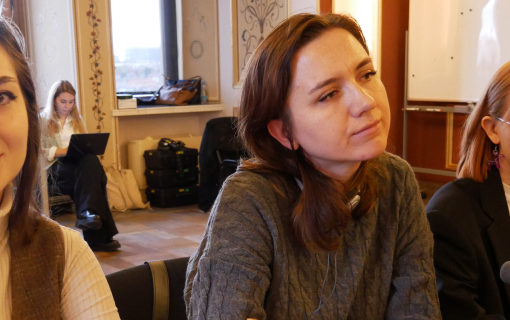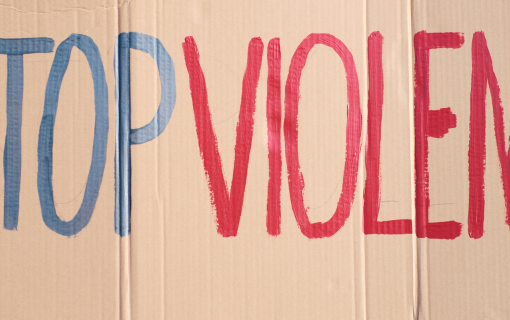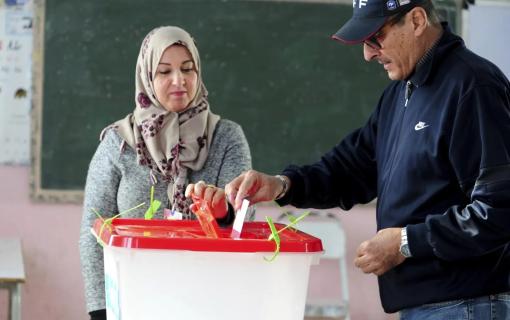CEDAW Anniversary: Supporting Free Participation of Women in Tunisia
In honor of the 33rd anniversary of the signing of the United Nations Convention on the Elimination of All Forms of Discrimination against Women (CEDAW), IFES colleagues from around the world share their thoughts on gender discrimination in their countries and how they are working to overcome it.
Name: Khameyel Fenniche
Title: Program Associate
Country: Tunisia
How does discrimination against women affect their participation as citizens in Tunisia?
Discrimination against women has to do first with the different treatment of men and women in the legal code, but also with their different treatment in broader society.
Equal participation of women is necessary, not just because of the benefit of both sexes contributing to society, but also to allow women to acquire training they can leverage to play a greater role in political life, society and leadership.
In Tunisia, the importance of the role of women in political discourse has always been an object of propaganda, and nothing more. Since the revolution and subsequent access to more realistic levels of women's civic participation, it has appeared necessary to adopt a more participatory approach to achieving gender equality.
Even if Tunisia ensures the free participation of women in political and public life, including the activities of nongovernmental organizations, and even if it claims to take "all appropriate measures to eliminate discrimination against women in the political and public life of the country and, in particular, [ensure] to women, on equal terms with men, the right ... to participate in non-governmental organizations and associations concerned with the public and political life of the country," in reality, Tunisian women suffer discrimination in the male-dominated public and political spheres.
Aside from limited access to leadership positions, their right to vote is sometimes compromised. I can tell you, in the absence of supporting scientific data, the stories of three low-income rural families where women and girls have been deprived of their right to vote in the October 23, 2011, elections. This was because their votes were going against their husband's and father's votes.
Self-discrimination should not be overlooked either, as it results from the stigmatization among women themselves. Women can have a minimalist perception of their role, including the complete denial of their roles as citizens. Fortunately, social networks have helped democratize their participation as citizens. We increasingly see more women engaging and being active on the Web, despite access to the Web itself being limited.
Please tell us about your work with IFES related to combating discrimination against women and promoting women’s empowerment.
Of IFES' activities in Tunisia, the one that seems the most oriented toward the fight against the discrimination of women is the project for civic education aimed at illiterate populations. This project will soon be implemented by teachers from the Tunisian Ministry of Social Affairs to a primary target of women, most of whom are illiterate. It will inevitably instill a spirit of citizenship and joint learning about their electoral rights and the electoral process within the women who participate in the module.









